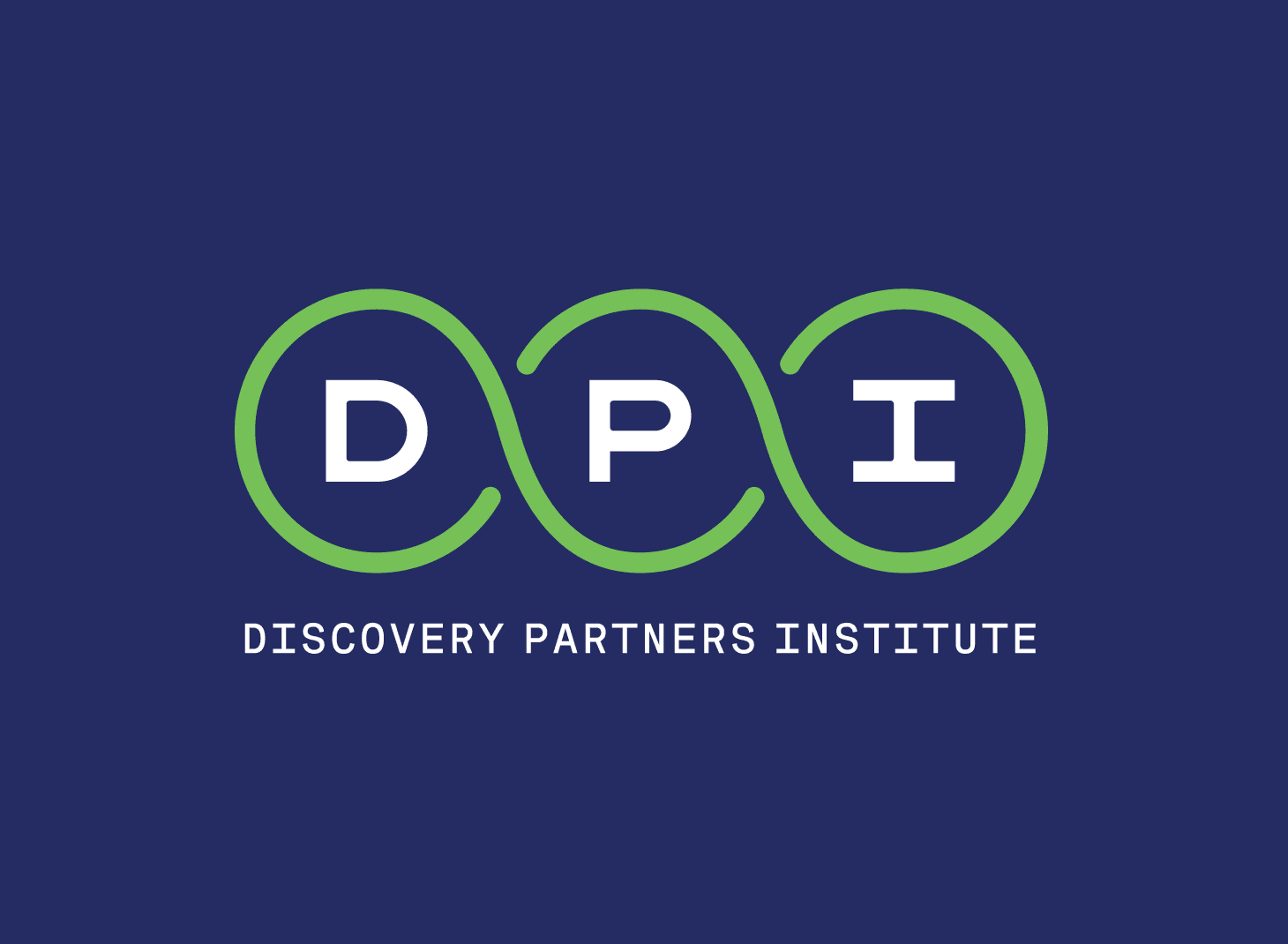
Abstract:
Industrialization and global population growth have increased the demand for freshwater resources. Water quality of many inland and coastal waters, particularly surface waters located in the vicinity of urban areas, suffers from release of anthropogenic contaminants. In developed countries, urban water systems are resource-intensive and face serious challenges in fulfilling projected demands associated with population and industrial growth. Developing countries suffer from insufficient water and wastewater treatment capacity while population, agricultural production, and industrial utilization increase. In this regard, climate change has also increased the instability of the hydrological system, imposing significant stress on water resources, water infrastructure, agriculture, and the aquatic ecosystem. These factors highlight the vulnerability of human and ecological communities, and signify the need for developing resilient water supply systems.
This presentation summarizes the results of recent studies conducted by Dr. Saber on four different water bodies across North America and highlights the solutions concerning the sustainability of water resources in the face of climate change and release of anthropogenic contaminants.
Keywords: Sustainability; Indirect potable reuse; Hydrodynamic modeling; Water quality modeling; Machine learning; Signal processing
Biosketch:
Dr. Ali Saber is currently a postdoctoral fellow at the Department of Physical and Environmental Sciences at the University of Toronto. Previously, he was a Research Faculty member at the Department of Civil and Environmental Engineering and Construction at the University of Nevada Las Vegas. Holding B.Sc. in Civil Engineering and M.Sc. and Ph.D. degrees in Civil & Environmental Engineering, Dr. Saber has more than 10 years of fieldwork and laboratory experience and has published 22 peer-reviewed journal articles in the area of water science and technology. Dr. Saber’s research focuses on the response of inland and coastal waters to climatic and anthropogenic stressors. This involves field measurements and lab experiments followed by modeling the mixing and transport of contaminants and associated biogeochemical reactions in receiving water bodies using mechanistic 3D hydrodynamic-water quality models, machine learning, and statistical models. Dr. Saber has served as the principal/co-principal investigator of 7 climate change and water quality modeling projects and mentored 5 graduate students at 2 universities. He has collaborated with various federal, state, and provincial agencies across the U.S. and Canada and has conducted research on various water bodies, including Lake Ontario, Lake Erie, Lake Huron, Lake Michigan, Lake Mead, Lake Arrowhead, Miramar Reservoir, and Boston Harbor.
